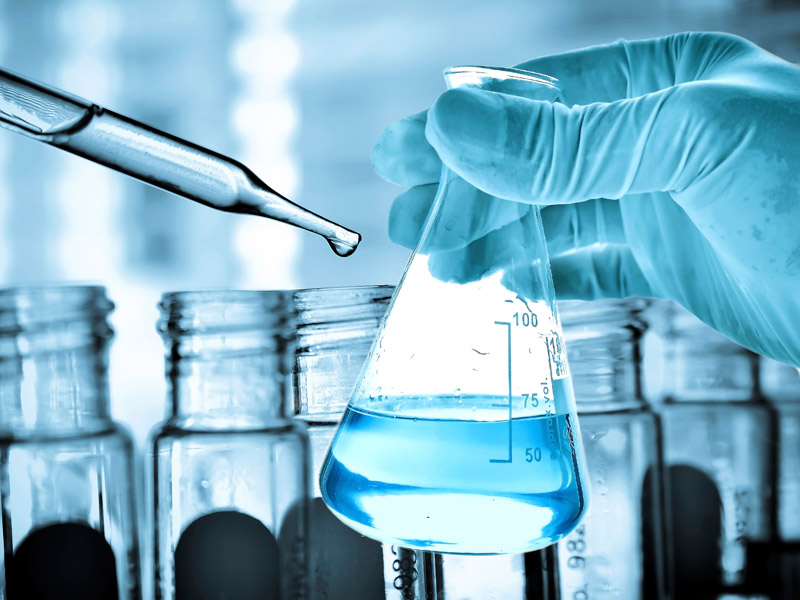ISO 9001: Quality Management Systems
Successful companies are driven to deliver quality. From the way they operate to the service standards they deliver to the products they produce. With ISO 9001:2015 certification, you have a structured and systematic way to prove your commitment to quality.
ISO 9001:2015 is the standard that provides a set of standardized requirements for a quality management system helping you ensure your products consistently meet the needs of your customers and regulatory requirements. It tells companies with similar values you share their commitment by validating that you take quality and customer satisfaction seriously and by verifying that your business is progressive in its strategy.
ISO 9001:2015 comes in a very user-friendly format with terms that are easily recognised by all business sectors and companies of all sizes. Keyhole Solutions will work with you as your partner to learning the specific needs of your organisation and strive to bring you increased efficiency, reduced costs and greater speed to market.
Benefits of implementing ISO 9001
- Achieve consistency of product/service quality and compliance with legal requirements
- Formalize Good Working Practices
- Assure satisfaction and added value to customers
- Reduce costs for quality
- International recognition as a well-managed organization and business
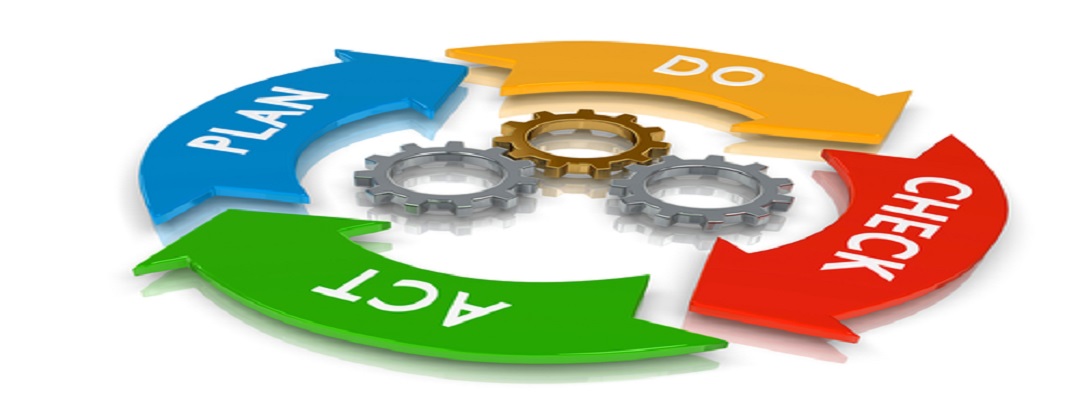
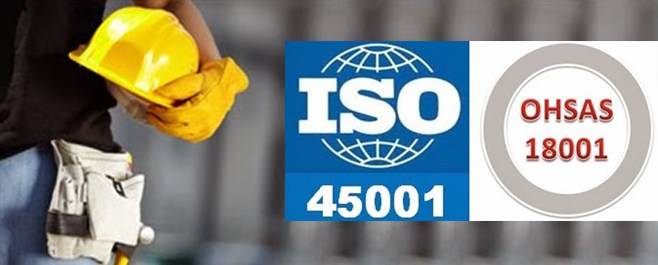
ISO 14001: Environmental Management Systems
Implementation of ISO 14001 helps you minimise how your operations affect the environment such as adverse changes to air, water or land plus complying with all applicable laws, regulations and other requirements.
ISO 14001 is widely recognized as a “generic environmental management system standard” which can be applied to any organization, large or small, whatever its product or service. The standard provides guidance to the organization in order to:
- Minimize harmful effects on the environment caused by business activities; and
- Achieve continual improvement of environmental performance.
OSHAS 18001 (ISO 45001)
In many industries, a proactive and preventative management system is essential. Such a system puts emphasis on risk control factors by identifying and assessing the likelihood of hazards in the workplace. Acquiring certification in OHSAS 18001 (changing to ISO 45001) standard addresses this need. Implementation of this standard enables the organisation to practice responsible risk control and continually improve safety and health performance to protect their work force and all those who could be affected by their operations.
Keyhole Solutions can help you work towards establishment, implementation and certification of your Occupational Safety and Health Management System.
The OHSAS 18001 (ISO 45001) specification is applicable to any organization that wishes to:
- Establish an OHSMS to eliminate or minimize risk to employees and other interested parties who may be exposed to activities with OH&S risks
- Assure compliance with its own OH&S policy
- Demonstrate such compliance to its stakeholders
- Implement, maintain, and continually improve an OHSMS
- Make a self-determination and declaration of compliance with this OHSAS specification
- Seek third-party independent certification of its OH&S management system
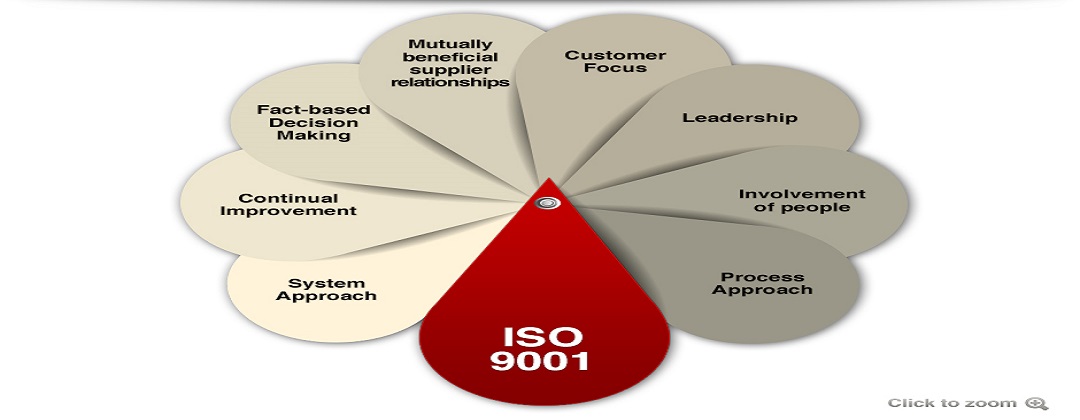
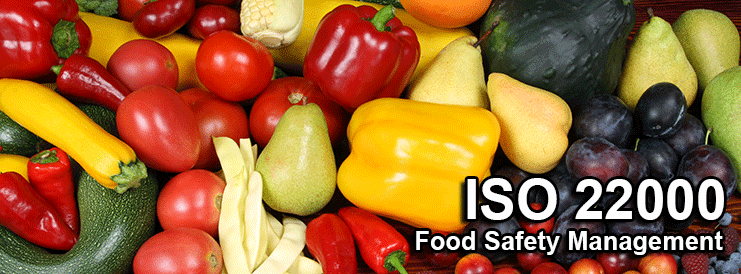
ISO 22000:2005 is a food safety management standard for organizations involved in food chain. This standard specifies the requirements for food safety management system where an organization in food chain needs to demonstrate its ability to control the food related hazards.
Food safety is related to the presence of food-borne hazards in food at the point of consumption. As the food safety hazards can occur at any stage of the food chain, adequate control throughout the food chain is essential. Thus, food safety is ensured through the combined efforts of all the parties participating in the food chain.
This International Standard specifies the requirements for a food safety management system that combines the following generally recognized key elements to ensure food safety along the food chain, up to the point of final consumption:
- Interactive communication
- System management
- Prerequisite programmes
- HACCP principles
The main aim of this standard is to harmonize on a global level the requirements for food safety management for businesses within the food chain. It is particularly intended for application by organizations that seek a more focused, coherent and integrated food safety management system than is normally required by law. It requires an organization to meet any applicable food safety related statutory and regulatory requirements through its food safety management system.
ISO 17025: Laboratory Management System
ISO/IEC 17025:2005 specifies the general requirements for the competence to carry out tests and/or calibrations, including sampling. It covers testing and calibration performed using standard methods, non-standard methods, and laboratory-developed methods.
It is applicable to all organizations performing tests and/or calibrations. These include, for example, first-, second- and third-party laboratories, and laboratories where testing and/or calibration forms part of inspection and product certification.
ISO/IEC 17025:2005 is applicable to all laboratories regardless of the number of personnel or the extent of the scope of testing and/or calibration activities. When a laboratory does not undertake one or more of the activities covered by ISO/IEC 17025:2005, such as sampling and the design/development of new methods, the requirements of those clauses do not apply.
ISO/IEC 17025:2005 is for use by laboratories in developing their management system for quality, administrative and technical operations. Laboratory customers, regulatory authorities and accreditation bodies may also use it in confirming or recognizing the competence of laboratories.
ISO/IEC 17025:2005 specifies the general requirements for the competence to carry out tests and/or calibrations, including sampling. It covers testing and calibration performed using standard methods, non-standard methods, and laboratory-developed methods.
It is applicable to all organizations performing tests and/or calibrations. These include, for example, first-, second- and third-party laboratories, and laboratories where testing and/or calibration forms part of inspection and product certification.
ISO/IEC 17025:2005 is applicable to all laboratories regardless of the number of personnel or the extent of the scope of testing and/or calibration activities. When a laboratory does not undertake one or more of the activities covered by ISO/IEC 17025:2005, such as sampling and the design/development of new methods, the requirements of those clauses do not apply.
ISO/IEC 17025:2005 is for use by laboratories in developing their management system for quality, administrative and technical operations. Laboratory customers, regulatory authorities and accreditation bodies may also use it in confirming or recognizing the competence of laboratories.
